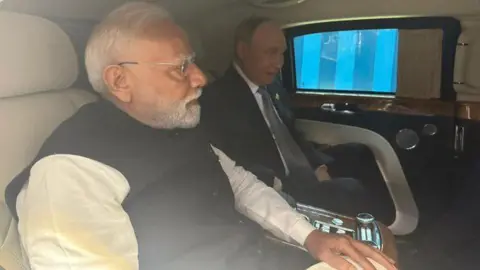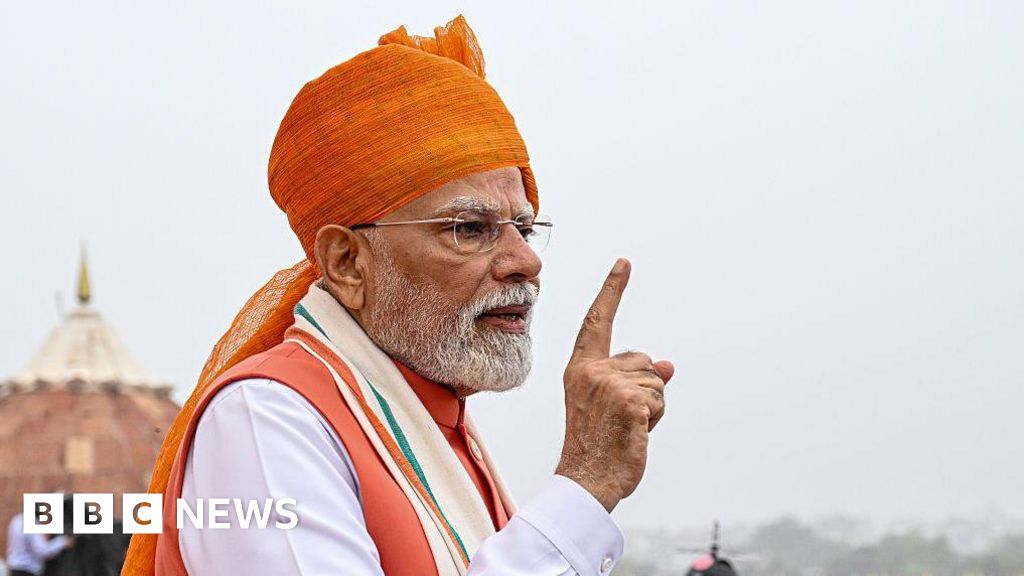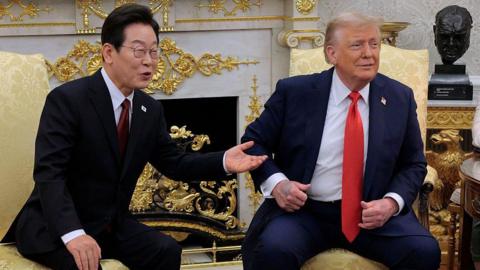In London, the stage is set for an upcoming meeting between British and EU leaders, a development Starmer likely hoped would foster goodwill. However, voices from the opposition have characterized it as a “surrender summit,” a term coined by Andrew Griffith, a Conservative Party trade spokesperson. This rhetoric has found its way into headlines across influential publications, including The Mail on Sunday and The Daily Mail, as well as a campaign by The Sun entitled “Don’t Betray Brexit.”
The enduring impact of Brexit continues to loom large, even almost a decade after the referendum where 52% voted to leave the EU. While many are swayed by the potential benefits of collaboration, such as easing trade restrictions imposed by Brexit, there remains a vocal opposition who sees any rapprochement with Europe as a betrayal.
Tabloid media, which played a significant role in fostering Brexit sentiment during the 2016 campaign, are particularly vocal now. A recent article in the Daily Express raised alarms that the UK might be obligated to contribute troops to EU missions based on a supposedly leaked memo discussed in The Telegraph. In reality, the memo indicated the UK would merely "consider" such deployments if invited by the EU, contradicted by the sensationalism of the report.
In summary, as the Prime Minister attempts to navigate a complex political landscape, the clash between evolving public sentiment and vehement opposition from the press indicates a tumultuous road ahead for Starmer and his government in forging a new relationship with Europe.
The enduring impact of Brexit continues to loom large, even almost a decade after the referendum where 52% voted to leave the EU. While many are swayed by the potential benefits of collaboration, such as easing trade restrictions imposed by Brexit, there remains a vocal opposition who sees any rapprochement with Europe as a betrayal.
Tabloid media, which played a significant role in fostering Brexit sentiment during the 2016 campaign, are particularly vocal now. A recent article in the Daily Express raised alarms that the UK might be obligated to contribute troops to EU missions based on a supposedly leaked memo discussed in The Telegraph. In reality, the memo indicated the UK would merely "consider" such deployments if invited by the EU, contradicted by the sensationalism of the report.
In summary, as the Prime Minister attempts to navigate a complex political landscape, the clash between evolving public sentiment and vehement opposition from the press indicates a tumultuous road ahead for Starmer and his government in forging a new relationship with Europe.




















